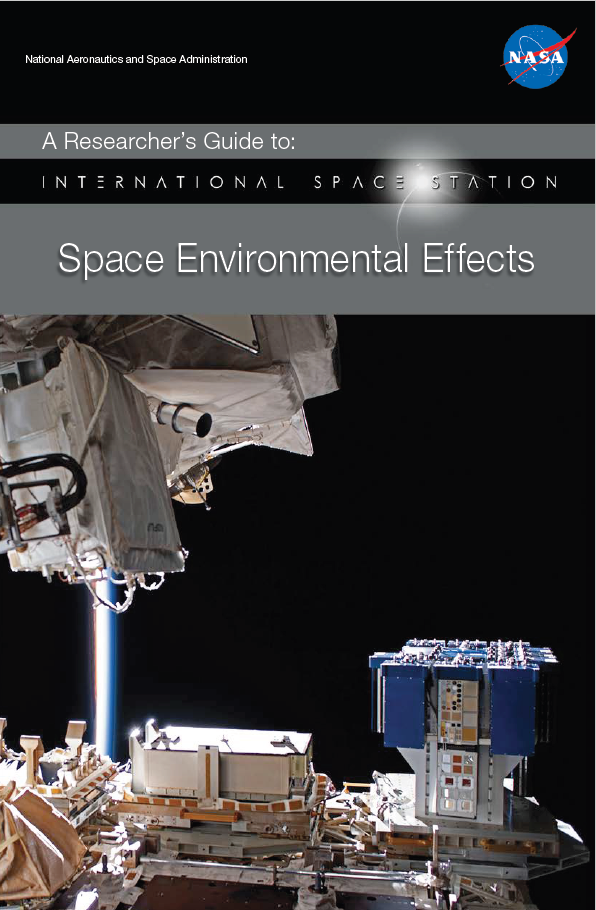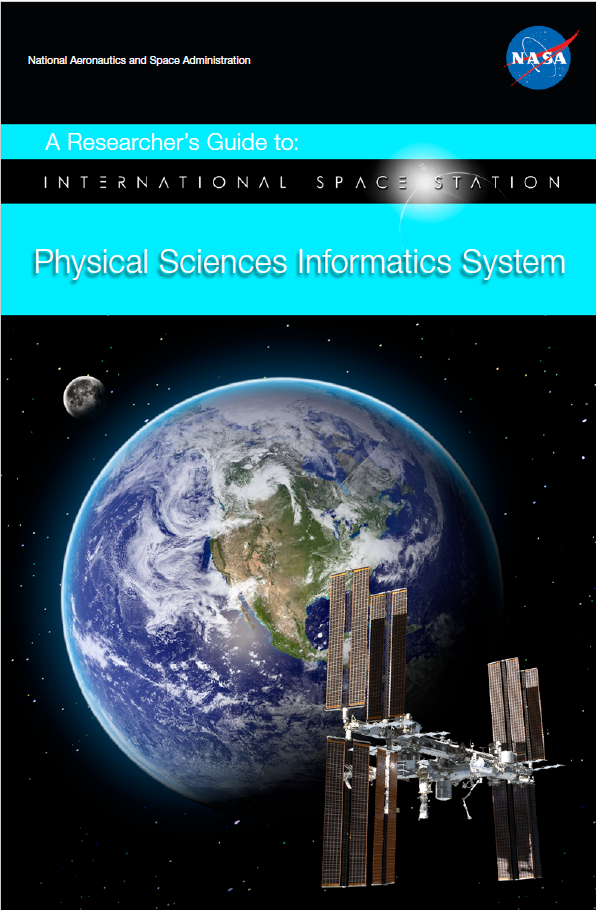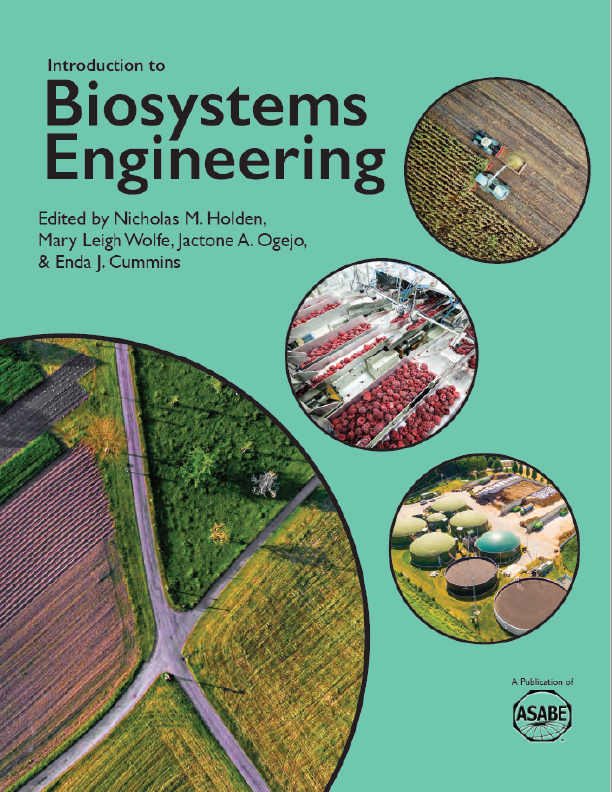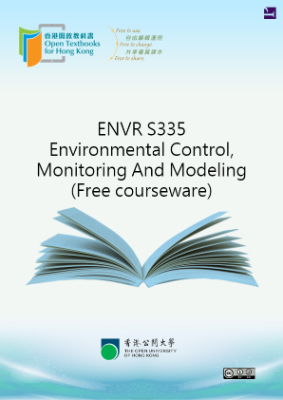Petrology (from the Ancient Greek: πέτρος, romanized: pétros, lit. ‘rock’ and λόγος, lógos) is the branch of geology that studies rocks and the conditions under which they form.
The field of petrology is traditionally split into three subcategories: igneous, metamorphic, and sedimentary petrology. Click on the pull-down menu below to explore the definitions of these sub-fields:
At the university level, igneous and metamorphic petrology are traditionally (but not always) taught together because they both contain heavy use of chemistry, chemical methods, and phase diagrams (Teaching Mineralogy and Petrology). Sedimentary petrology is more commonly taught as a stand-alone class or together with stratigraphy because stratigraphy deals with the processes that form sedimentary rocks. Introduction to Petrology covers igneous and metamorphic petrology for this reason.
However, it is increasingly common for mineralogy and petrology (sometimes igneous, metamorphic, and sedimentary) to be combined into a semester- or year-long Earth Materials course. The modular structure of this online book is designed so that students and instructors can use the modules relevant to the course at their college or university.
Applications to Geology
Petrology aids our understanding of the larger Earth system in many ways. The interactive diagram below shows four examples of how petrology can help us understand questions in other sub-disciplines:
Career Paths in Petrology
In academia, petrology can lead to a number of different graduate school options. These can include projects in volcanology, plate tectonics, experimental petrology of the deep Earth, even the study of meteorites and planetary science.
Students who excel in a petrology course or might do an undergraduate research project in petrology can go on to careers which apply some of the chemistry or materials science skills learned. These could include: environmental consulting jobs applying hydrology and groundwater geochemistry, working for energy resource companies to site pipelines or model natural gas and petroleum flow through rock units, materials development and testing of solids (glass and concrete/building materials).
Skills that Transfer to Other Careers
Don’t plan on becoming a professional petrologist or someone who teaches about rocks? No problem – petrology is still important for your career. Geochemistry and thermodynamics are applied to many Earth systems including hydrology, water geochemistry, and climate systems. The higher-order thinking skills you learn from a petrology course should be applicable to many situations in your career, no matter what you might end up doing. Creating hypotheses is important for any scientific field! Any technical skill you might learn while using instrumentation is valuable, including microscopes, thin section making equipment, an SEM or XRF , or other equipment that might be available at your university. Finally: the ability to correctly identify rocks is always a valuable skill!
Key Takeaways
Based on the information above, list at least one way petrology can help you in your educational path or future career. If you are completely unsure of your future path, then describe one aspect of petrology that you think is interesting or would be useful to you in a geosciences career.











